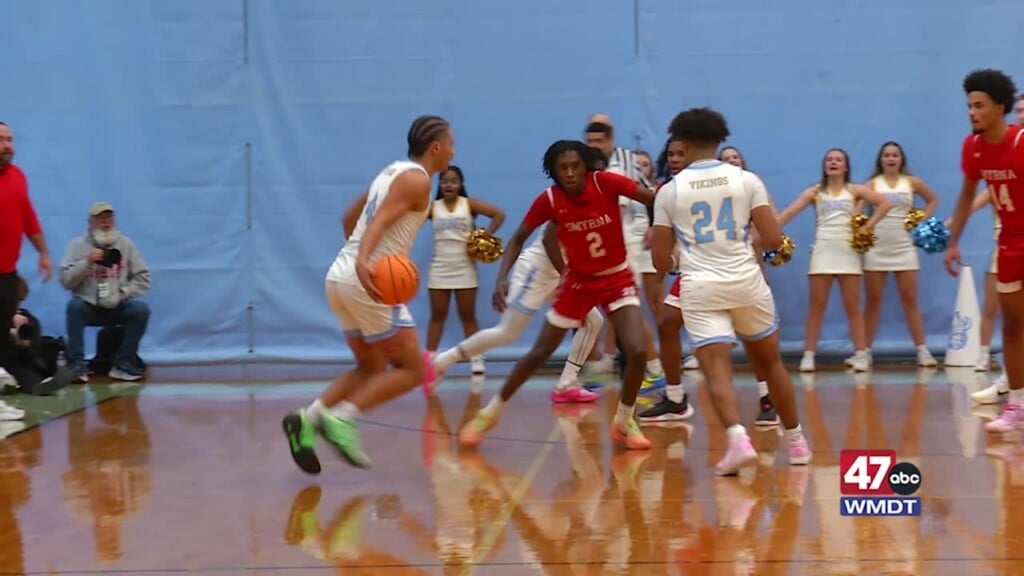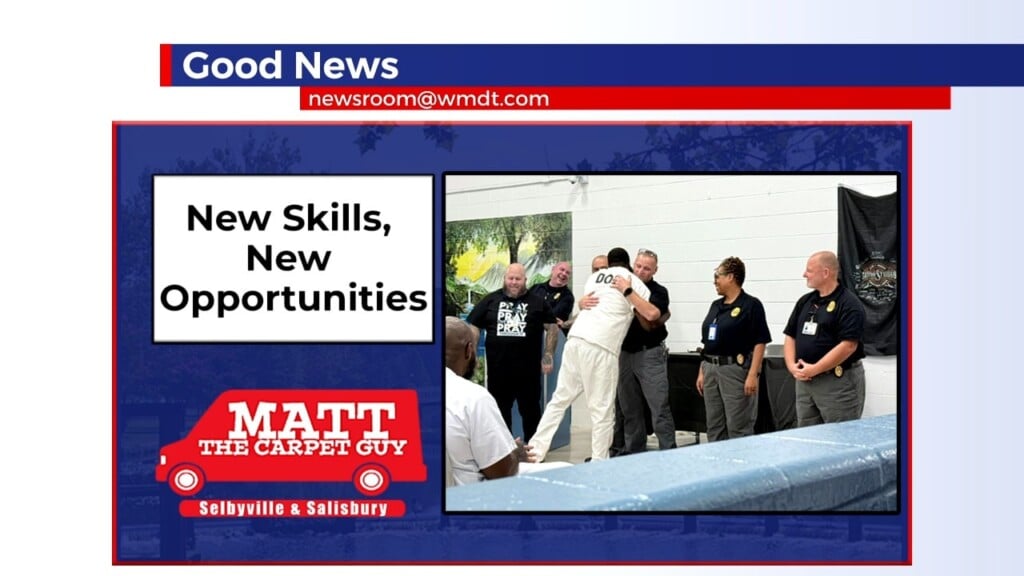Me Too: The Next Step, Part 3
During the course of our “Me Too – The Next Step Series”, we’ve taken a look at how prevalent sexual harassment is. What’s being done to teach young boys not to become the next wave of sexual predators? And how conversations need to shift so no woman has to say “Me too”, ever again.
In our third and final piece, 47 ABC’s Julian Sadur shows how the Me Too movement is changing the way mothers are talking to their daughters about the topic and how they’re raising them to be stronger than ever.
For a majority of the past six months, the Me Too movement has dominated the airwaves. Encouraging women to speak up. But the benefits of this, although long overdue, are more than just that. The movement has also given moms a tool to talk to their daughters.
“If something is on the news or if we hear something on the radio or something just triggers a thought that makes it opportune for conversation, then we’ll ask them how do you feel about this,” said Lynn Matava, a mother.
As important as psychologists say it is to talk to young men about how to behave so they learn things like respect. It’s arguably equally as important that young women know its okay to say no, and say something when they aren’t comfortable.
“As a female, I also have to trust my instincts if something doesn’t feel right or something feels off to know it’s ok to express that without having to feel like I have to go along with it even though inside, internally I’m feeling something else,” said Dee Copeland.
Dee Copeland is a therapist at Life Crisis, who deals with victims of rape and sexual harassment.
“Many times those conversations do begin at home,” said Copeland.
She says it’s up to parents to start talking to their daughters at a young age about what’s ok so they don’t become victims.
“I had that conversation with my daughters from the time they were old enough to talk when we were in the tub. I would say, ‘Nobody ever touches you here’,” said Matava.
But it’s not just what we tell our daughters. It’s what they see as well.
“They do begin to formulate their ideals based on what they seen in their home, what environment they’re raised in, what types of behavior are normalized, what things are brought to the attention, talked about or swept under the rug,” said Copeland.
“They see the way we allow ourselves to be treated whether it be by someone on the street or by our husband, their father, our partner, whomever, even by other women. They’re constantly watching us and seeing the way we are allowing ourselves to be treated,” said Ashton Donoway, a mother.
And experts say it’s also what we show them we value.
“So do I tell you that you’re smart, more than I tell you that you’re beautiful? It’s a question for the parent. What are we complementing? Because if we’re constantly complimenting looks than they’re going to be ok with a catcall. If were consistently complimenting different things like you’re really good at math, you’re really intelligent, I’m so impressed with how respectful you are, then they’re only going to tolerate men that speak to them the same way,” said Donoway.
For Laurie Pearce, a mother of two girls, it’s relying on her own personal experiences so her daughters know how to protect themselves.
“I just put it out on the line for them. A boy may tell you he loves you and this is what he’s going to want you to do. But it’s the truth there are people who will say that and are going to tell you that they love you, to get what they want,” said Pearce.
Pearce says she’ll give her daughters scenarios drawn from national headlines and her own life experiences, so that if they were to happen in real life, they wouldn’t be as caught off guard. Such as if someone cat-called them, or tried to convince them them to do something they didn’t want to do.
“I talk to my daughters about this and I said, ‘What would you do if you were approached this way by someone?’ And they would look at them and say, ‘Are you kidding me?’ So I feel like I’m doing something right,” said Pearce.
But ultimately what moms and professionals agree on, is that the most important thing we can do is give this next generation of women the tools to succeed. By sharing what we know and what this movement has brought to light.
“They could make decisions that maybe make us a little bit upset. But we don’t have control over that all the time, we’re just trying to do the best we can all the time and have faith in them that they’ll make the right choice when that choice comes about,” said Donoway.
“I think maybe those experiences have made us stronger women, raising stronger women and my daughters now prove that to me everyday,” said Pearce.


